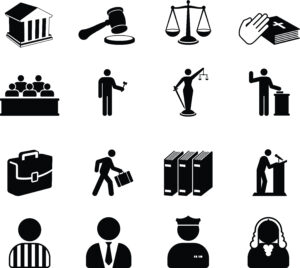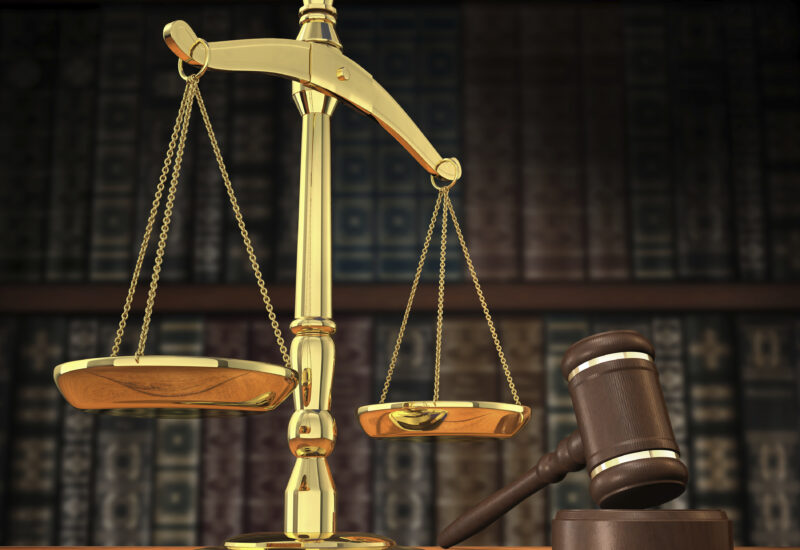
Law enforcement agencies can tap your phone under specific circumstances. You probably will not know if law enforcement begins to target you for an investigation. Understanding your rights and law enforcement’s tools to tap your phone can help you protect your privacy.
Of course, any action within public view is available to law enforcement. The police can watch what you do in plain sight or in a public area, such as through the open window of a home or business. However, police may also access private communications, such as telephone conversations.
This article provides an overview of law enforcement’s ability to monitor private communications. It also provides information regarding protections for safeguarding your right to privacy.
Law enforcement agencies, such as the Federal Bureau of Investigation (FBI), can listen to private phone calls. To do this, they can request to wiretap your phone line. Wiretapping involves a secret connection to a telephone line. The connection allows the agency to monitor phone calls over the tapped line.
Law enforcement agencies must get a wiretap order before eavesdropping on a phone conversation. A wiretap order is similar to a search warrant.
Because wiretapping is so intrusive, law enforcement officers are held to a high standard when seeking wiretap orders. To obtain a wiretap order from a judge, the requesting party must prove there is probable cause to believe tapping your phone lines will help the agency solve a serious crime or uncover criminal activity.
Examples of serious crimes include drug trafficking and money laundering. Tapping a phone to investigate a misdemeanor will not satisfy the requirements.
State and federal laws regulate wiretapping and wiretap evidence. The Electronic Communications Privacy Act of 1986, otherwise known as the Wiretap Act, is a broad wiretapping law. It sets restrictions on the use of wiretaps. For example, agencies cannot listen in on privileged conversations. Officers must also minimize listening to conversations that are irrelevant to the criminal investigation.
Phone conversations from prison are generally exempt from the wiretap order requirement. Prisoners have a significantly reduced expectation of privacy. Therefore, they cannot expect that their phone conversations will remain private.
If you or a loved one is in a bind as a result of a criminal charge, immediately contact a Seattle Criminal Attorney. A Criminal lawyer is not going to judge you and understands that everyone makes mistakes. Hiring a Seattle Criminal Lawyer to help can – at a minimum – reduce penalties and can help direct people on how to best deal with their criminal charge, and many times even get them dismissed. So, it should go without saying that someone cited for a misdemeanor or felony should hire a qualified Seattle Criminal Lawyer as soon as possible. Criminal charges can cause havoc on a person’s personal and professional life. Anyone charged with a crime in Washington State should immediately seek the assistance of a seasoned Seattle Criminal Lawyer. SQ Attorneys can be reached at (425) 359-3791 and/or (206) 441-0900.


